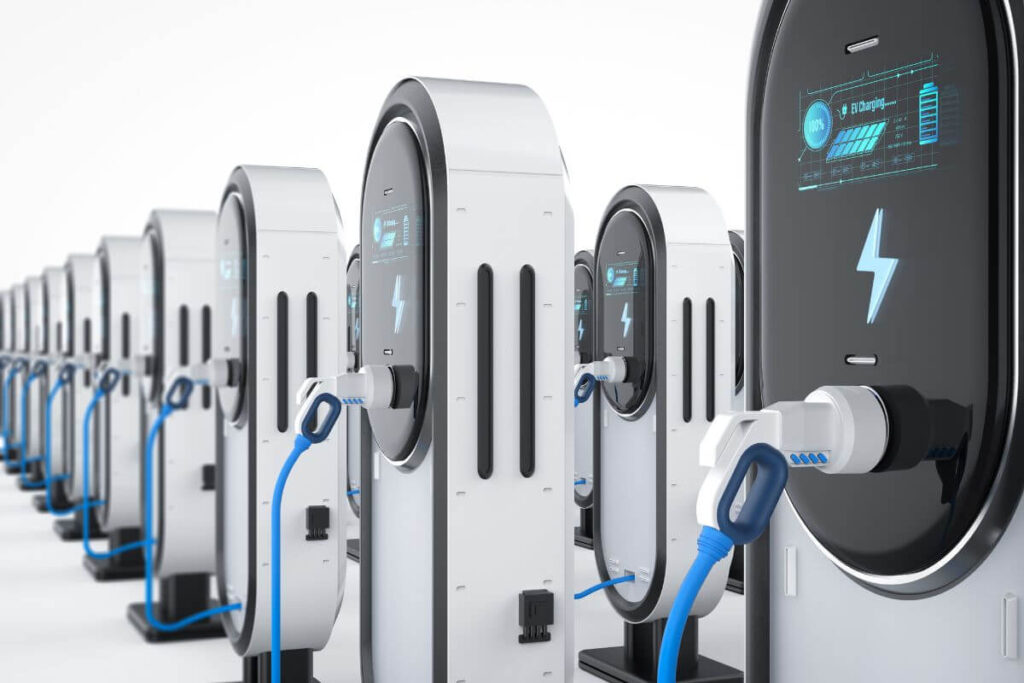Buckle up, India! The Indian government has shifted into high gear with a new electric vehicle (EV) policy designed to supercharge the domestic EV industry and attract significant investments. This policy aims to put India on the fast track to becoming a global EV manufacturing hub.

A Game Changer for EVs
The new policy offers a bouquet of incentives for investors. Here are some key highlights:
- Manufacturing Focus: The policy prioritizes Make in India, encouraging companies to establish domestic production facilities.
- Investment Thresholds: To qualify for benefits, companies need to make a minimum investment of ₹41.5 billion (US$500 million). There’s no upper limit, making it attractive for major players.
- Tax Breaks and Concessions: The policy offers tax breaks on imported EV components, with a gradual increase in mandatory domestic value addition (DVA) over time. This incentivizes localization and reduces reliance on imports.
- Limited Imports Allowed: A controlled window for importing a limited number of EVs exists, catering to the demand for high-end electric vehicles while domestic production ramps up.
Benefits Beyond Investment
This policy isn’t just about attracting big bucks. The government envisions a ripple effect that will benefit the Indian economy in several ways:
- Job Creation: The growth of the EV industry is expected to generate significant employment opportunities across various sectors.
- Technological Advancement: The policy aims to foster innovation and technology transfer, propelling India to the forefront of EV technology.
- Reduced Dependence on Oil: With a growing EV industry, India can lessen its dependence on imported oil, promoting energy security and environmental sustainability.
Challenges and the Road Ahead
While the policy has the potential to be a game-changer, there are challenges to navigate:
- Developing Robust Infrastructure: A robust charging network is crucial for widespread EV adoption.
- Battery Technology and Costs: Reducing battery costs and developing indigenous battery technology will be critical for long-term success.
- Skilling the Workforce: The industry will need a skilled workforce to handle the production, maintenance, and servicing of EVs.
Overall, the new EV policy is a positive step towards a greener and more sustainable future for India. By addressing the challenges and capitalizing on the opportunities, India can become a global EV leader.









